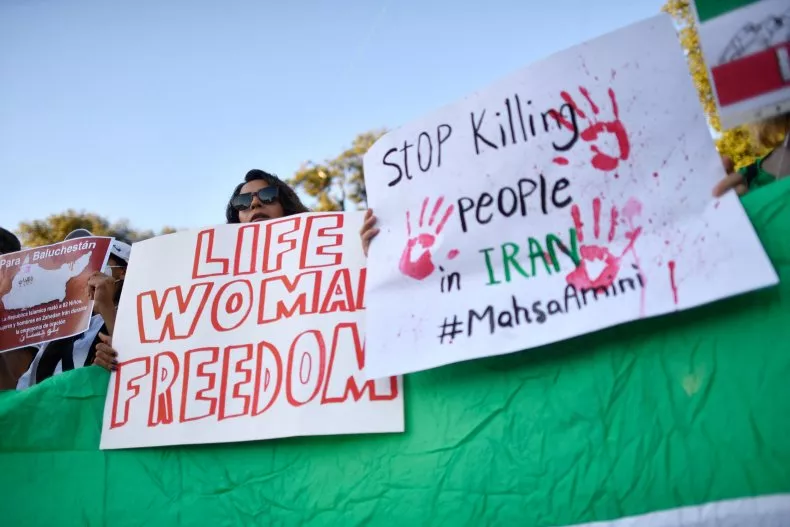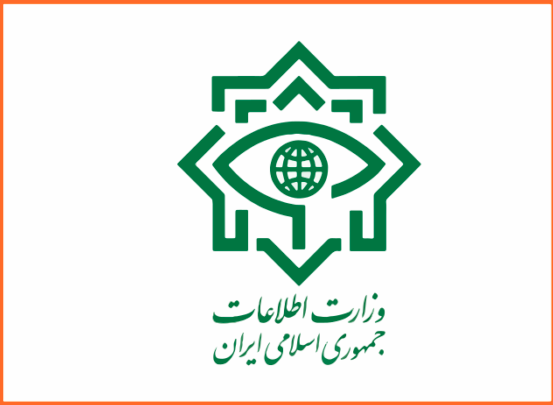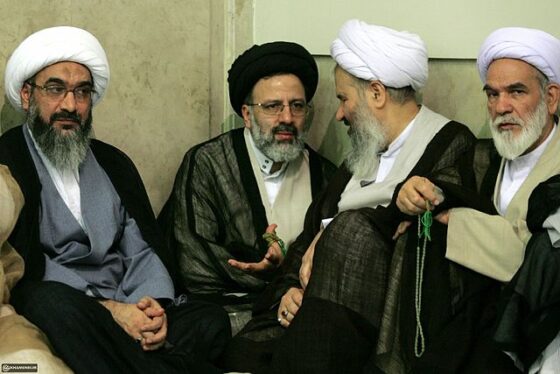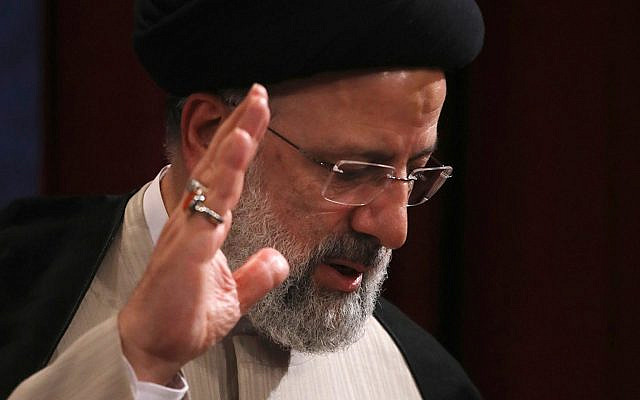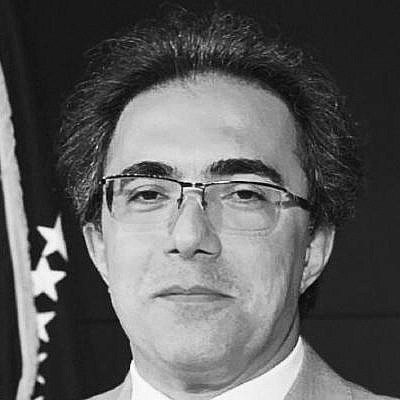Over the last several weeks, each impeachment inquiry witness put the Trump presidency in greater peril. But it was Thursday’s testimony from Fiona Hill that underscored the full breadth of the damage Russia has already done to the United States: “Our nation is being torn apart; truth is questioned; our highly professional expert career Foreign Service is being undermined.”
In unflinching language, Dr. Hill, a former National Security Council senior director, laid out how Russia used cyberwarfare to systematically attack our 2016 elections, and adroitly warned against a similar attack she expects in 2020. Her most revealing comments came with an appeal to the Trump administration and its congressional allies not to continue parroting a “fictional narrative,” which originated in the Russian intelligence service — that Ukraine, not Russia, disrupted our 2016 elections.
By categorically indicting Russia’s tactics and obliquely warning against President Trump’s acceptance of them, Dr. Hill touched the core of how and why Mr. Trump’s own actions and inaction have pointed him toward impeachment. And doing so opened a door to far larger discussion — the president’s failure to confront the huge Russian intelligence operation to disorient democracies as it seeks to expand its influence around the globe. So far, those tactics have not only taken down the United States several notches in global trust, but apparently have targeted Britain, France and Germany in similar fashion.
What the Trump administration and the rest of us need to acknowledge is that these campaigns are a type of low-grade full spectrum warfare — military jargon for the combined use of new and complex methods for attaining victory. To be sure, the attacks have been mostly bloodless, except in eastern Ukraine. But they constitute warfare nevertheless — fully analogous to the Cold War, when Russia also challenged the United States for the balance of influence around the world.
War by nonmilitary means is nothing new: Arms races, alliance jockeying, intelligence operations, trade wars, ideological and religious competitions have been around for centuries. Cyberwarfare, however, has become the latest and most potent component of full spectrum warfare, in its power to destabilize other countries and degrade their most fundamental rights — to choose their own governments and defend themselves.
In Europe, the Russians have been working to extend their influence in overt and covert ways, in key countries like the NATO allies Hungary and Turkey; in the Middle East and North Africa — Algeria, Egypt, Eritrea, Iran, Libya, Qatar, Saudi Arabia, Somaliland, Syria, Tunisia, the United Arab Emirates and Yemen; in sub-Saharan Africa — Angola, Burkina Faso, Burundi, the Central African Republic, Chad, the Democratic Republic of Congo, Gabon, Guinea, Mali, Mauritania, Morocco, Mozambique, Niger, Nigeria, Senegal, South Africa, Sudan, Uganda and Zimbabwe. With leaders from many of those countries, Russia conducted an Africa summit meeting last month in Sochi, Russia, to bolster standing relationships with Moscow. Each already has a natural-resource relationship or receives military training. The former Soviet republics of Georgia, Armenia, and Azerbaijan in the Caucasus have also been caught up in Moscow’s orbit or interfered with, as have Bolivia, Cuba, Nicaragua, and Venezuela in Latin America.
Few countries around the world are immune from Russian interference, as Mr. Putin actively attempts to supplant the United States as a trustworthy ally and economic partner. Russia has even waged full spectrum warfare in an election on tiny, remote Madagascar, an island country off the coast of eastern Africa. Russia deploys a full panoply of means either to displace the United States in relations with its allies, or to gain access to natural resources to help it improve its woeful sanctions-ridden economy. In Madagascar, where an oligarch and crony of Mr. Putin, Yevgeny Prigozhin, has a large stake in a chromium mine, Russia pulled out all the stops to try to swing the electoral campaign of the incumbent president.
Britain, too, is facing Russian interference — for the second time. Its prime minister, the populist Boris Johnson, recently kicked off his new election campaign with his Conservative Party flush with Russian donations, amid reports that the winning Leave campaign three years ago was also largely funded by Russia, alongside tens of thousands of Russian bot hits on the eve of the Brexit vote, like the effort it orchestrated in the United States.
Full spectrum warfare by Russia has recently taken the following forms: taking over the bases Mr. Trump recently evacuated in Syria; jamming American F-35 fighters; setting up military helipads on an island between Finland and Estonia; sending hundreds of mercenary troops to fight against forces of Libya’s internationally recognized government; delivering S-400 antiaircraft missile batteries to Serbia; and, along with China, violating the airspace of America’s allies Japan and South Korea. Mr. Trump even canceled a patrol of a United States Navy destroyer in the Black Sea after calling John Bolton to complain that the routine foray in international waters was anti-Russian.
Damage via cyberwarfare to the American body politic is sufficiently extensive that public opinion polling in our country may now be skewed, with the views of many average Americans having been altered not insubstantially by Russian disinformation. Already, Facebook and Twitter are shutting down hundreds of Russian accounts, while on Instagram Russians have taken aim at Florida primary voters with fake posts that reached 150,000 people.
In Britain, the Labour Party has pointed fingers at Moscow for a huge cyberattack during the British election campaign last week. Russia is even experimenting with its intelligence agents on the ground in four African countries deploying a new method for interfering in the current British and American elections, recruiting non-Russian “average people” to wage cyberwarfare in place of fake social media accounts.
With the impeachment hearings in motion, and a history-making election year in the making, Dr. Hill threw down the gauntlet to us all: “The Russian government’s goal is to weaken our country, to diminish America’s global role, and to neutralize a perceived U.S. threat to Russian interests,” she said, adding, “We must not let domestic politics stop us from defending ourselves against the foreign powers who truly wish us harm.”
Jeffrey A. Stacey (@JeffreyAStacey) served as a State Department official in the Obama administration and is the author of “Integrating Europe.”
The Times is committed to publishing a diversity of letters to the editor. We’d like to hear what you think about this or any of our articles. Here are some tips. And here’s our email: letters@nytimes.com.
Follow The New York Times Opinion section on Facebook, Twitter (@NYTopinion) and Instagram.






